
Serving the South Shore since 1947, Interfaith’s roots of service and compassion are planted deep within the soil of our community. This year Interfaith’s Thrift Shop and Food Pantry programs are both celebrating their 40th anniversary. This legacy of service has been made possible by countless donors, volunteers and dedicated staff members over the years. We thought we’d take this opportunity to look back at almost seventy years of helping our neighbors in need…
In the mid-1940s one of the largest employers in Greater Boston was the Quincy Shipyard. Many of World War II’s warships were built there. However, as the war drew to a close so did the shipyard’s production. Over a short time period, thousands of employees were laid off, resulting in crises for many local families. Within their congregations local religious leaders saw the poverty and social problems that these struggling families were confronting. They wanted to do something more to help them. This desire resulted in the formation of what would come to be known as Interfaith Social Services. The group was initially called Protestant Community Services and was established in 1947 to help all Quincy families who had fallen on hard times. Congregations worked together providing families with emergency assistance and hope.
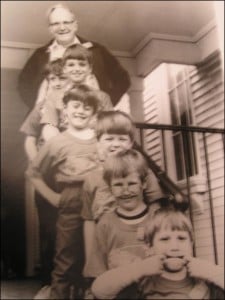
By 1957 the organization had expanded its service area to include ten South Shore communities and changed its name to Protestant Social Service Bureau (PSSB). Throughout the 1970’s the organization operated various group homes for young men who were wards of the state. During this time period the agency’s adoption program was created to help find homes for older children, sibling groups, and disabled children who desperately desired permanent, loving homes. A key component to working with this population was addressing their mental health needs and those of other community members. Although the program wouldn’t be named The New Directions Counseling Center until 1982, since its inception mental health counseling has always been a vital program within Interfaith Social Services.
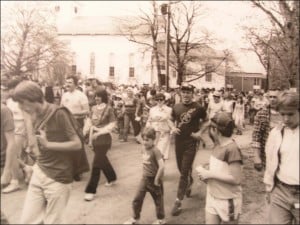
1975 was an important year in Interfaith’s history. Facing pressure from a significant public funder the organization was forced to choose between merging with a similar organization in Boston or losing a substantial amount of funding. The board of directors choose to forge their own path. That year they organized the first South Shore Walk fundraiser. They opened the Bureau Drawer Thrift Shop, and the Pantry Shelf emergency food program opened its doors for the first time.
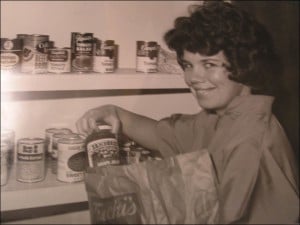
The pantry began in a 5’x 8’ closet and was originally staffed with one volunteer. Today, Interfaith’s Pantry Shelf food pantry is one of the largest emergency food programs in Greater Boston. It is staffed by two part time staff members, one full time volunteer, and hundreds of other volunteers who distribute almost 1,000,000 lbs. of food to over 17,000 people annually.
Throughout the 1980’s The HomeShare project matched single seniors living alone with persons seeking a room in exchange for services, room and board. The organization opened several group homes for seniors during this time period to address the unmet regional need for senior housing.
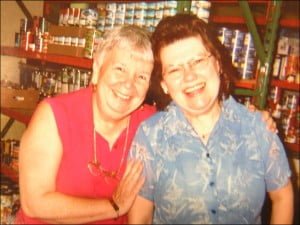
In the late 1990’s the  HomeSafe program was launched as a way to prevent Homelessness and to provide emergency assistance to local families in need. The first Feed the Hungry Gala fundraiser was also held during this time period at the Company Theater in Norwell. Since then the Gala has grown to become one of Interfaith’s most important fundraisers as well as being one of the premiere social events for Greater Boston and Massachusetts’ South Shore regions.
HomeSafe program was launched as a way to prevent Homelessness and to provide emergency assistance to local families in need. The first Feed the Hungry Gala fundraiser was also held during this time period at the Company Theater in Norwell. Since then the Gala has grown to become one of Interfaith’s most important fundraisers as well as being one of the premiere social events for Greater Boston and Massachusetts’ South Shore regions.
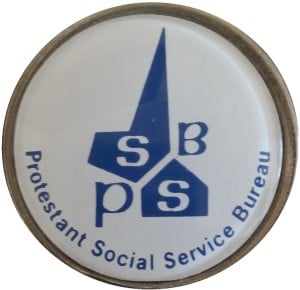 In 1998 Protestant Social Service Bureau changed their name to reflect the fact that its support, volunteers and staff were not officially affiliated with any faith based institutions. The board of directors wanted to honor the organization’s roots in the faith community; as such they choose the name Interfaith Social Services. Operating as a nonreligious organization, the organization continued to pursue its mission of “…strengthening family life and offering assistance to anyone in need.”
In 1998 Protestant Social Service Bureau changed their name to reflect the fact that its support, volunteers and staff were not officially affiliated with any faith based institutions. The board of directors wanted to honor the organization’s roots in the faith community; as such they choose the name Interfaith Social Services. Operating as a nonreligious organization, the organization continued to pursue its mission of “…strengthening family life and offering assistance to anyone in need.”

That same year Interfaith’s various group homes closed as affordable senior living options became available in the region. The next year, 1999, Interfaith’s Career Closet program opened to provide professional clothing to women reentering the workforce. Ten years later the program was expanded to serve male and female job seekers.
In 2000 The Food Pantry’s Easter Basket and Help for the Holidays adopt-a-family programs were created to assist food pantry clients who could not provide holiday gifts for their children. These seasonal initiatives have grown substantially over the past two decades. Volunteers now distribute 300+ Halloween costumes to the children of food pantry clients each year, 350 Easter Baskets, 700+ backpacks full of school supplies, 600+ children receive Christmas gifts and 800+ households receive Thanksgiving meal baskets.

In 2000, Interfaith’s adoption program was closed due to chronically delayed funding from the state.
In 2003 Interfaith purchased the 105 Adams Street building, which currently houses our offices, allowing the organization to consolidate all of our programs under one roof.
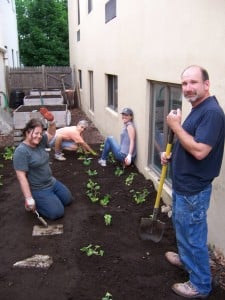
In an effort to provide more fresh produce to food pantry clients Interfaith launched the Harvest Helpers program in 2009. That year staff and volunteers planted a garden at Interfaith’s offices and began encouraging the donation of fresh fruits and vegetables to the food pantry.
In 2011 The Learning Pantry program was launched to educate food pantry clients about a variety of life skills including: financial literacy, nutrition and addiction recovery.
In 2013 The HomeSafe Program launched an ongoing budget counseling initiative for housing assistance clients, over 493 households were served by the new initiative that year.
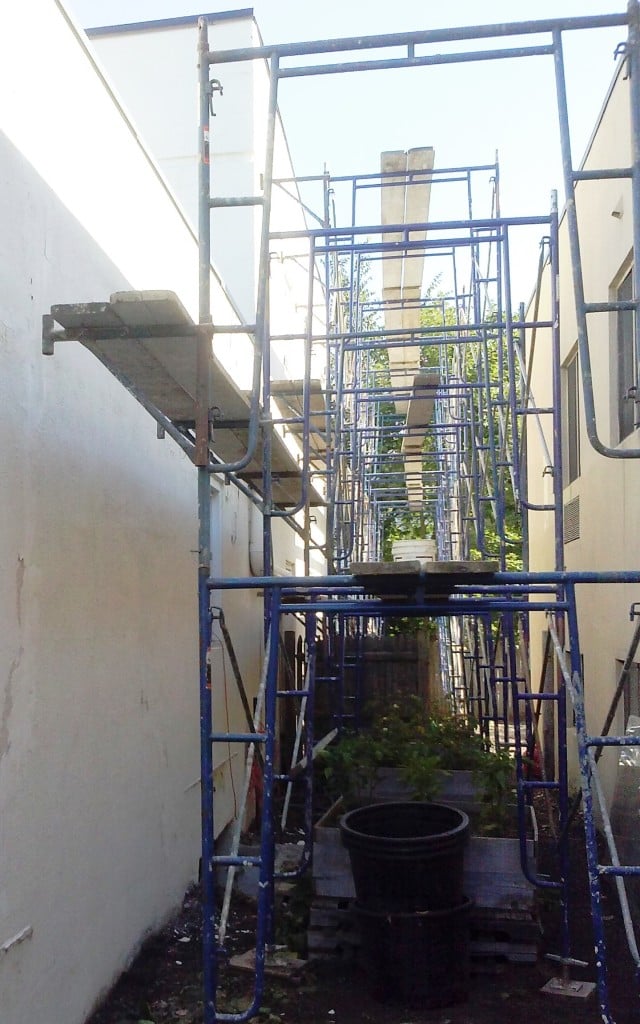
Throughout 2014-15 various building improvement projects were conducted at Interfaith’s offices including: the installation of a new roof, new windows, stucco resurfacing, new flooring for the Thrift Shop and Counseling Center, extensive heating repairs, a new hot water heater and septic pump as well as additional refrigerators, freezers and shelving for the food pantry.
These repairs and improvements to Interfaith’s facilities, along with the community’s ongoing donations of time and funding, will make it possible for Interfaith to continue serving clients for many years to come. Just as we have for the past seven decades.
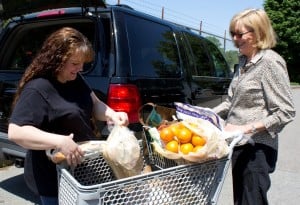
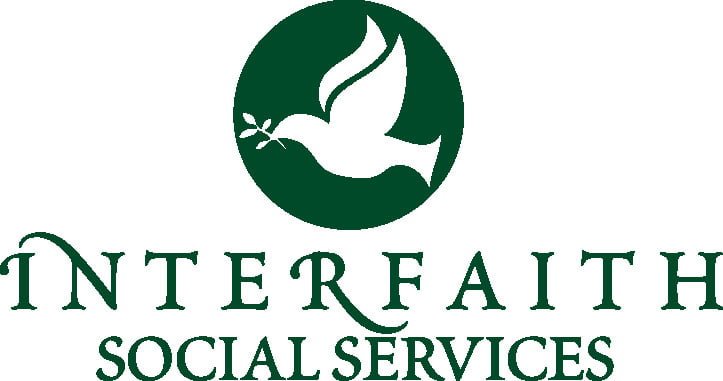

Very nice, informative, well written. Great organization.